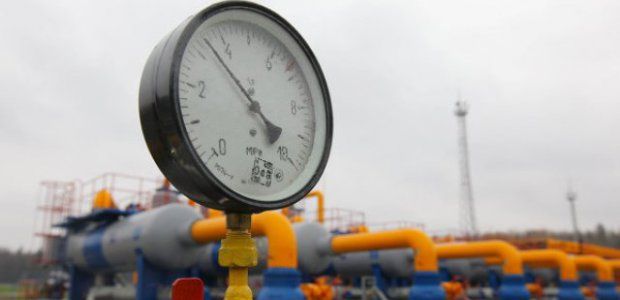The Competition Committee is conducting research to determine whether gas auctions that have required gas utility DEPA to make available minimum gas amounts to suppliers for fairer competition are still necessary amid the liberalized market.
The committee imposed these gas auctions on DEPA in 2014 when the utility was dominating Greece’s natural gas market under completely different market conditions.
Much has changed since the sector’s liberalization. A total of 7 gas importers and 25 retail suppliers are now active in the Greek market.
The study was prompted following a request by DEPA. As part of the process, the competition committee is consulting gas companies as well as RAE, the Regulatory Authority for Energy, before deciding if the gas auctions should be abolished.
According to sources, RAE pointed out that, given DEPA’s greatly reduced market share – less than 40 percent in 2019 and the first half of 2020 – the measure’s maintenance, without any benefits for the utility in exchange, offers rival gas companies an advantage.
RAE supports that any such measures must be universally imposed on all gas suppliers based on certain criteria, such as market share levels.
In addition, price levels at the DEPA gas auctions are deemed too high by players, limiting buying interest.
At the time of the gas auction measure’s introduction, in 2014, DEPA was obligated to offer other players 10 percent of the annual gas amount it was importing. This figure was gradually increased, reaching 17 percent in 2018.
Greek law initially required any gas wholesaler with a market share of more than 60 percent to make gas quantities available to other traders through auctions. This level was reduced to 40 percent in 2018.





